What if quantum computing could be simulated using hardware that isn’t so finicky?


What if quantum computing could be simulated using hardware that isn’t so finicky?
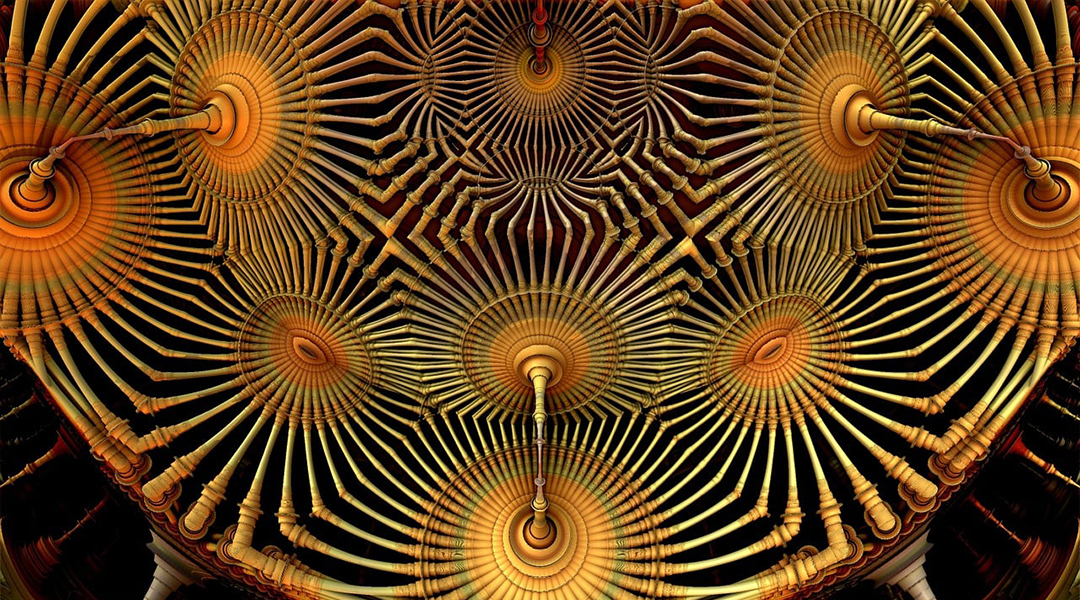
A new type of superconductor may just be what physicists have been searching for over the past 40 years.
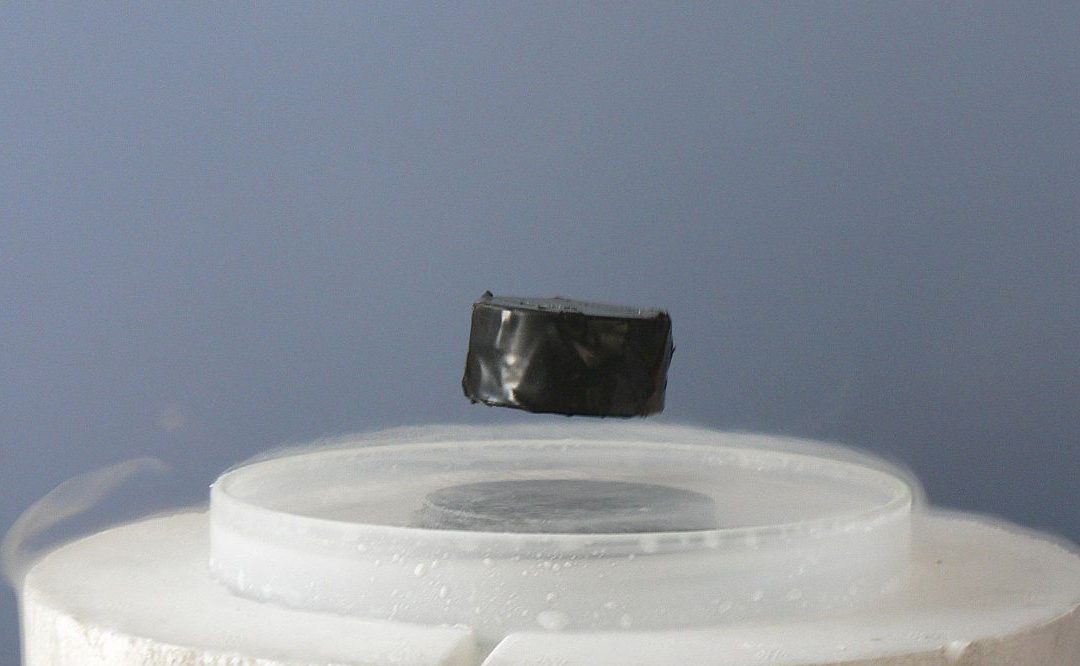
Understanding room temperature superconductivity one step closer thanks to researchers looking at the effects of pressure.

Using 19 different quantum computers, scientists demonstrate how entangled particles break limitations in accuracy on the sub-atomic scale.
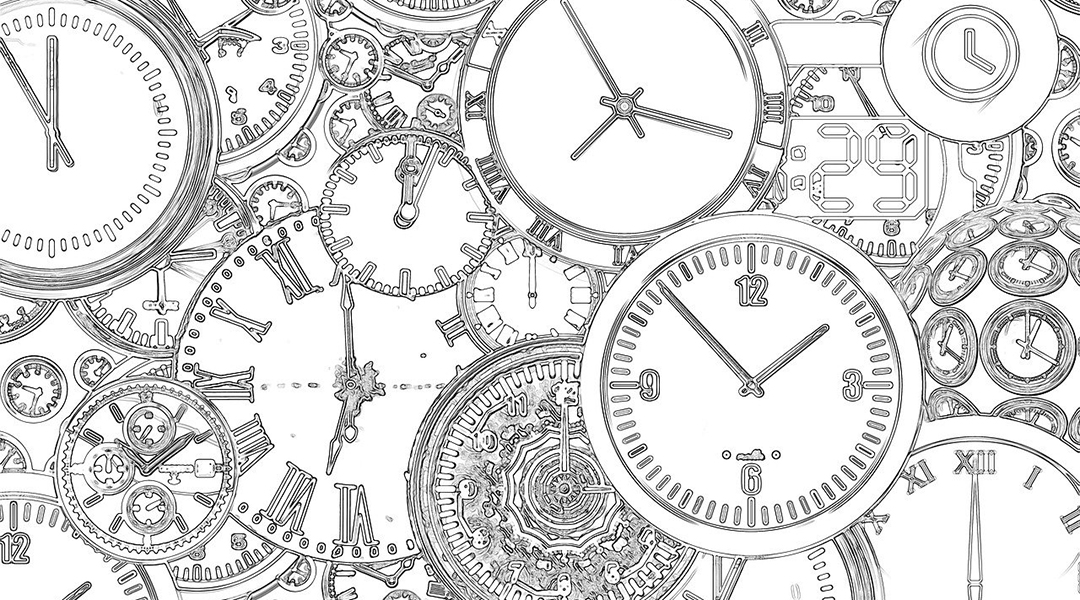
Scientists use quantum entanglement to compare two atomic clocks achieving what might be the ultimate precision possible.
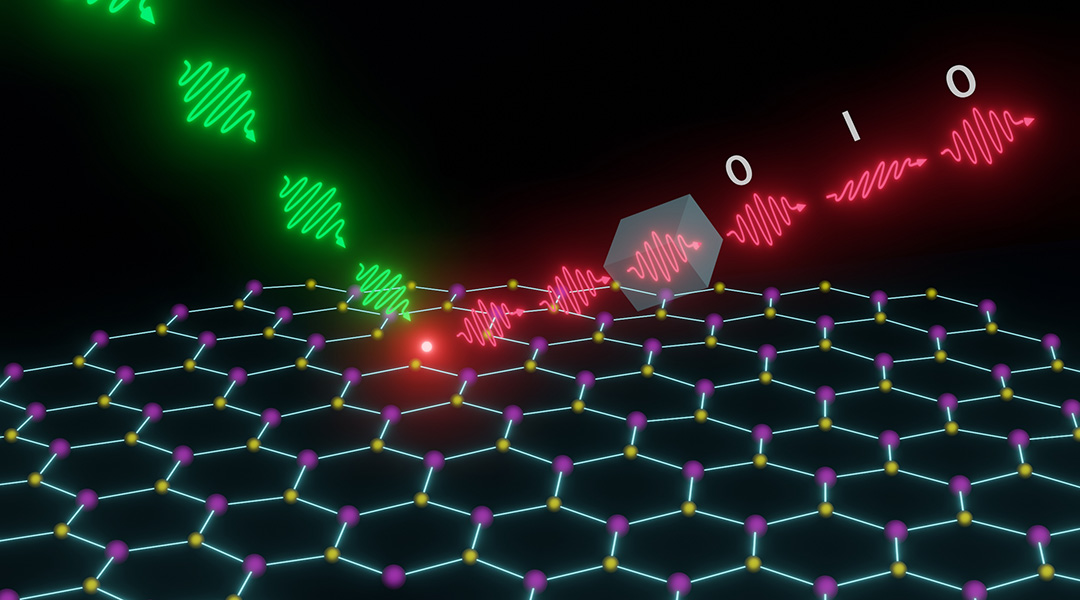
Exploiting defects in 2D hexagonal boron nitride to create reliable single photons, researchers have upped their quantum encryption game.
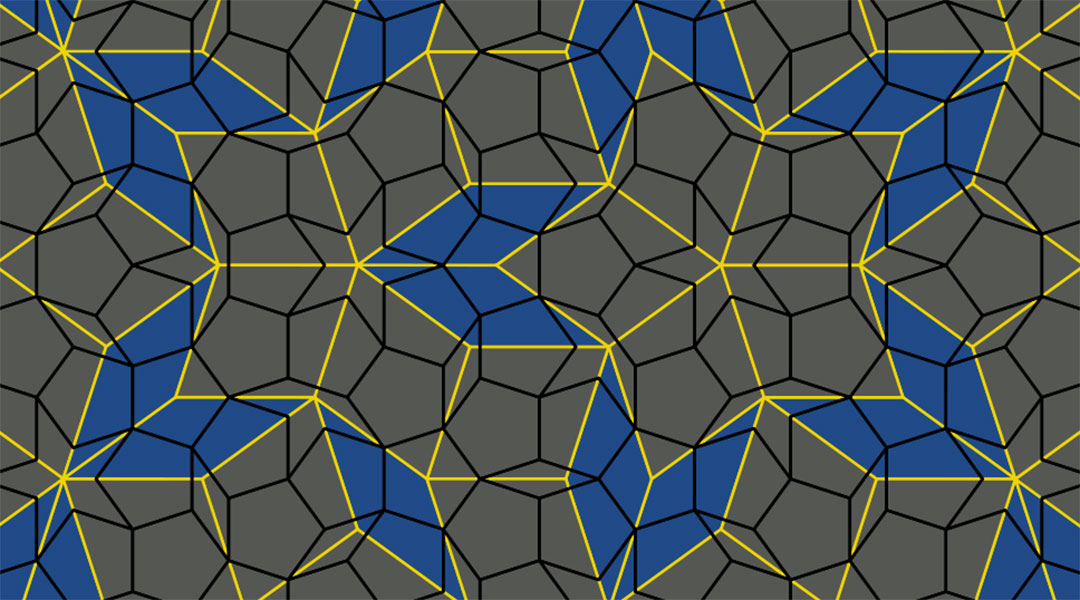
Extra time dimensions provide scientists with a new way to think about phases of matter for more stable qubits and robust quantum computers.
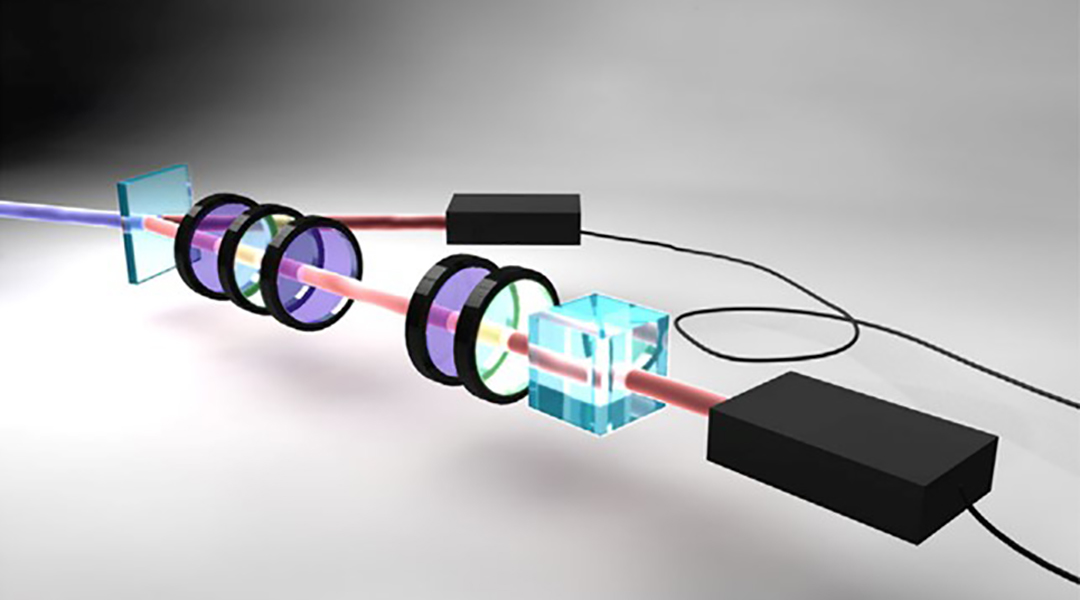
Quantum computing to process large amounts of data tested by bringing together complementary and versatile quantum processors.
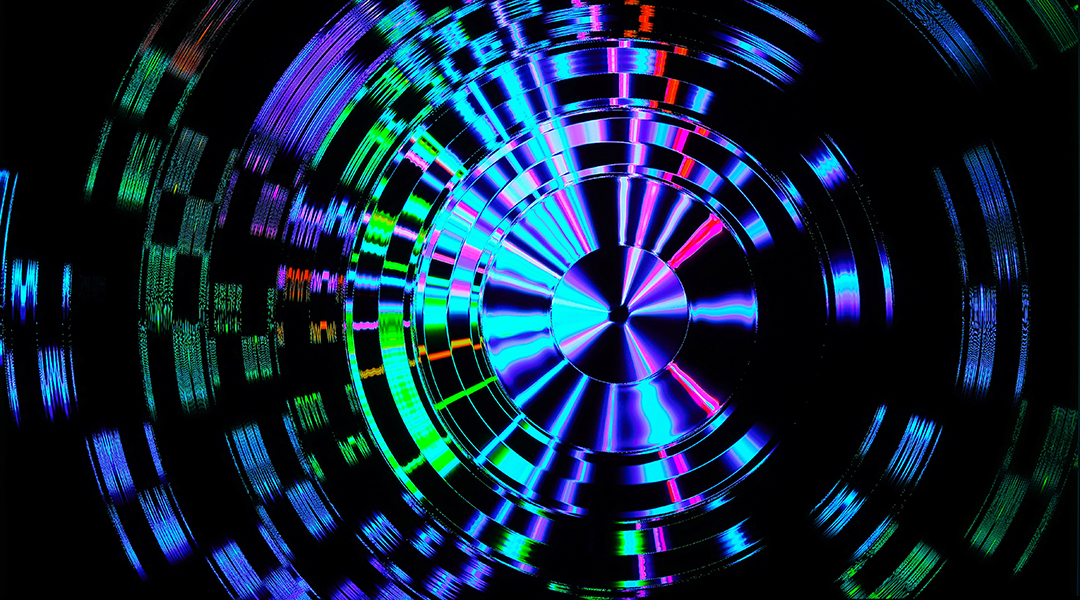
A set of quantum computers was put to the test by playing the notorious triangle game.
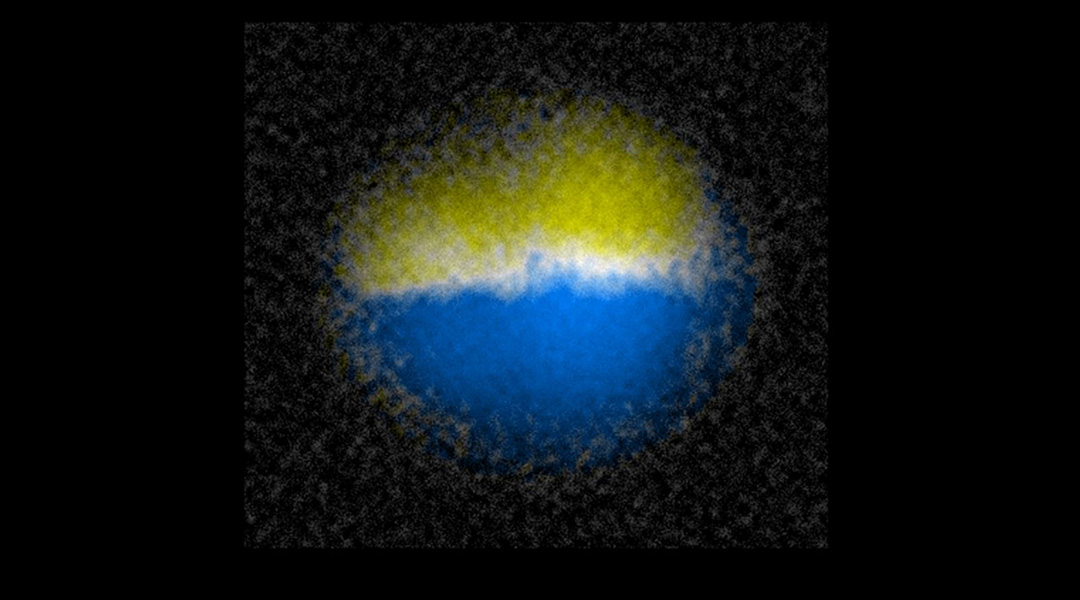
Researchers have discovered how to create and manipulate a quantum object called a “domain wall”, which exhibits particle-like properties.